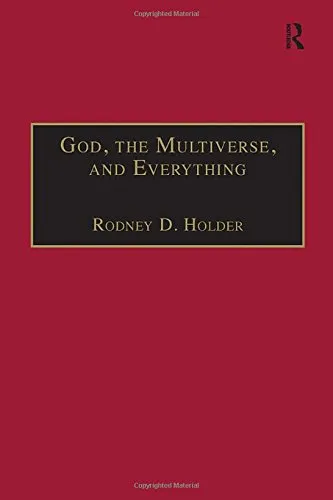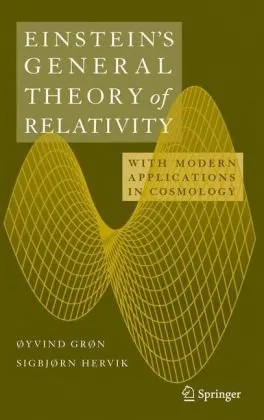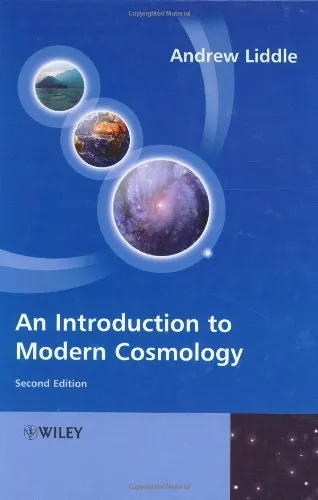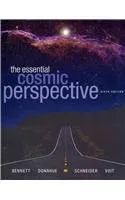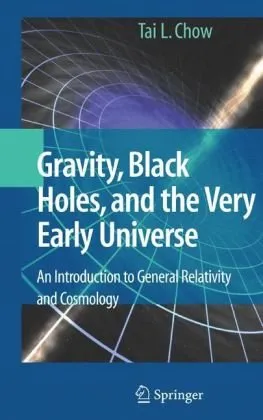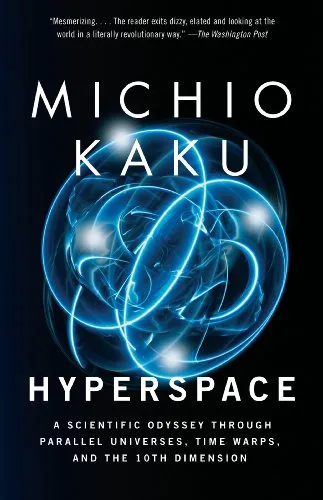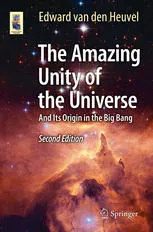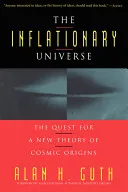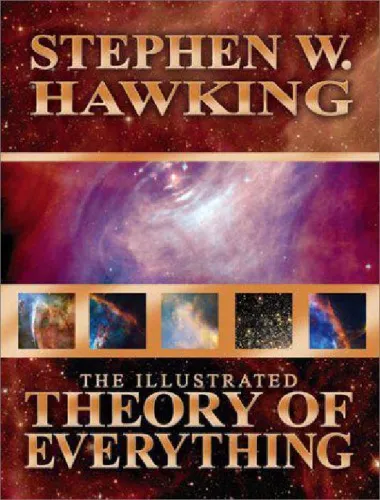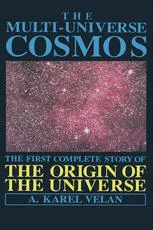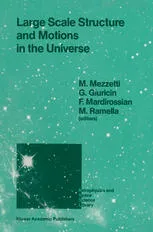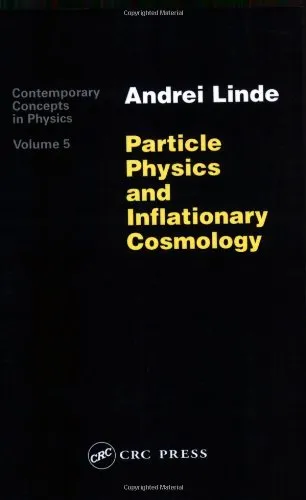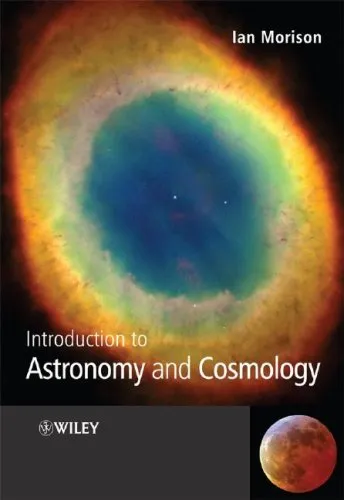God, the Multiverse, and Everything: Modern Cosmology and the Argument from Design
4.5
Reviews from our users

You Can Ask your questions from this book's AI after Login
Each download or ask from book AI costs 2 points. To earn more free points, please visit the Points Guide Page and complete some valuable actions.Related Refrences:
Introduction to "God, the Multiverse, and Everything: Modern Cosmology and the Argument from Design"
In an age when science continues to push the boundaries of our understanding of the universe, the relationship between cosmology and theology has grown increasingly complex and fascinating. "God, the Multiverse, and Everything: Modern Cosmology and the Argument from Design" brings this dialogue into sharp focus, engaging with some of the most profound questions about existence, meaning, and the cosmos. Written to resonate with both intellectually curious lay readers and scholars, this book offers a deep exploration of the fine-tuning of the universe and what it might mean for the existence of a divine creator.
At its core, this book examines the intersection of modern cosmology, which studies the origins and structure of the universe, and the age-old teleological argument, which asserts that the purpose and order seen in the universe point to a designer. It tackles urgent and fascinating topics surrounding the multiverse theory, fine-tuning, and the ultimate philosophical implications of these scientific theories. By delving into this terrain, the book encourages readers to think critically about the nature of the universe and whether its intricacies demand a metaphysical explanation.
Detailed Summary of the Book
The book begins by laying the groundwork with an accessible introduction to modern cosmology and the history of fine-tuning arguments. It examines the physical constants and parameters of the universe which appear extraordinarily delicate, such that even slight variations in their values would prevent the formation of stars, planets, or life itself.
The later chapters dive into the multiverse hypothesis, a concept that posits the existence of a potentially infinite number of universes, each with different physical laws or constants. Critics argue that the multiverse removes the "need" for God to explain the fine-tuning of our universe, while proponents of design respond that even a multiverse might necessitate a designer. The book methodically evaluates these opposing viewpoints with rigor and precision.
The narrative also revisits classical and contemporary teleological arguments while weaving in perspectives from philosophy, metaphysics, and theology. Key questions such as "Does cosmological fine-tuning require a designer?" and "What are the implications of the multiverse theory for the existence of God?" are explored. Additionally, the book grapples with the philosophical limitations of science in addressing ultimate questions and probes the relationship between faith and reason.
Key Takeaways
- The universe appears to be fine-tuned for life, raising profound questions about the origin and purpose of this tuning.
- The multiverse hypothesis is one possible explanation for fine-tuning but remains controversial and may introduce as many questions as it attempts to answer.
- Philosophical and theological frameworks remain indispensable in addressing questions about the ultimate nature of reality.
- Rather than presenting a "science vs. religion" dichotomy, the book highlights their shared goal of seeking truth about existence.
- The dialogue between cosmology and theology is far from settled, demanding continued exploration and reflection from both perspectives.
Famous Quotes from the Book
"The universe we inhabit is not merely a brute fact of existence, but a finely-tuned mechanism that invites us to consider the profound possibility of purpose and design."
"To truly grapple with the implications of modern cosmology is to confront timeless questions about why we are here – questions that science alone cannot fully answer."
Why This Book Matters
"God, the Multiverse, and Everything" fills an important niche in the ongoing dialogue between science and religion. At a time when discussions about the multiverse and fine-tuning dominate much of modern scientific discourse, this book raises critical questions about the philosophical and theological implications of these concepts.
It acknowledges both the marvels of scientific discovery and the limits of empirical inquiry. By doing so, it bridges the gap between two traditionally divided domains—science and theology—inviting readers to engage with both disciplines in their quest for understanding. This book is essential reading for those interested in ultimate questions about existence, regardless of whether one approaches the topic from a scientific, philosophical, or theological perspective.
Ultimately, the book reaffirms the value of wonder and curiosity, reminding us that the search for answers about the universe is a shared human endeavor. By presenting a balanced and thought-provoking examination, Rodney D. Holder contributes meaningfully to one of humanity’s oldest and most significant conversations.
Free Direct Download
You Can Download this book after Login
Accessing books through legal platforms and public libraries not only supports the rights of authors and publishers but also contributes to the sustainability of reading culture. Before downloading, please take a moment to consider these options.
Find this book on other platforms:
WorldCat helps you find books in libraries worldwide.
See ratings, reviews, and discussions on Goodreads.
Find and buy rare or used books on AbeBooks.
1427
بازدید4.5
امتیاز0
نظر98%
رضایتReviews:
4.5
Based on 0 users review
Questions & Answers
Ask questions about this book or help others by answering
No questions yet. Be the first to ask!
